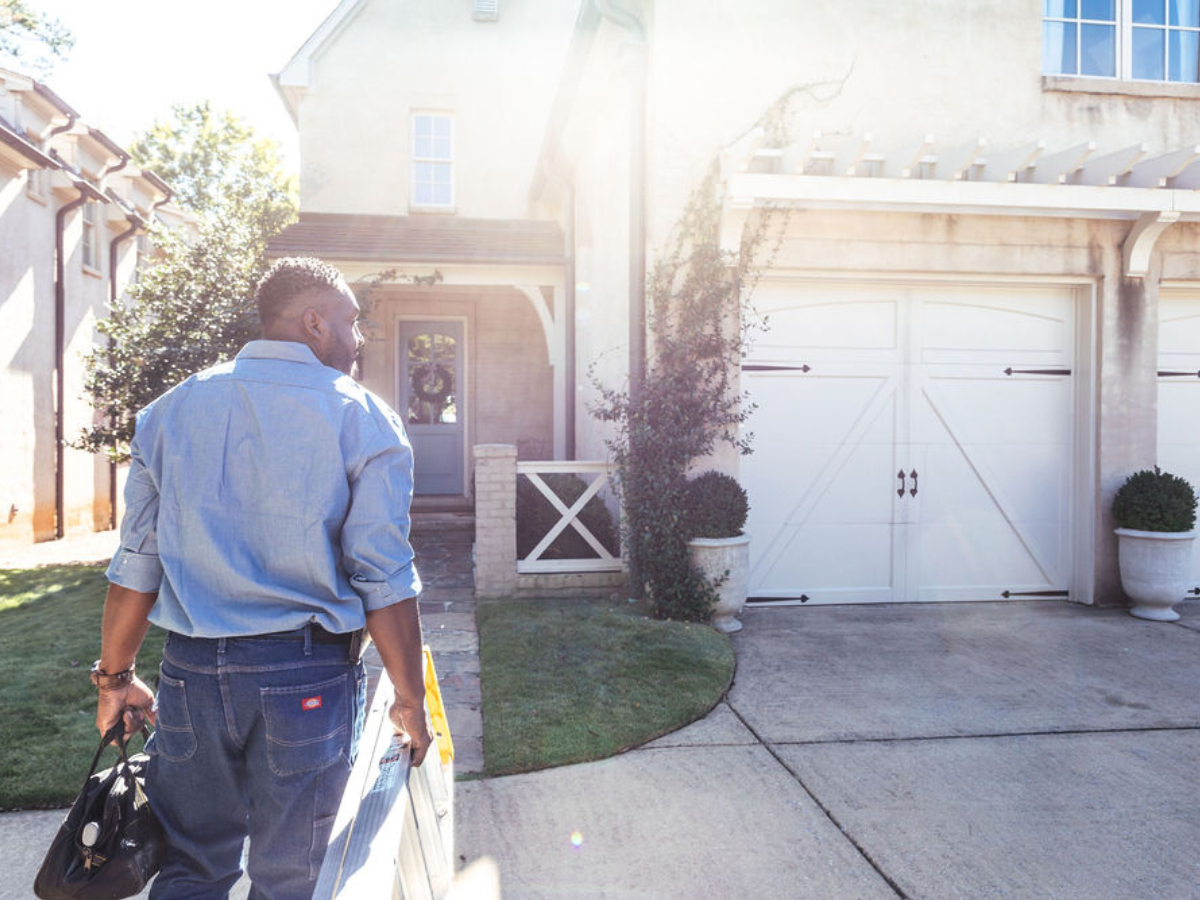Fear of property damage due to delayed or inadequate maintenance is a common concern among property owners in Birmingham. Landlords need to understand the significance of timely and effective maintenance in ensuring property integrity and long-term value. In this article, we will explore the consequences of neglecting property maintenance, the importance of routine maintenance, implementing a maintenance plan, and the role of technological tools in maintenance management.
Introduction
Timely and effective maintenance is the key to mitigating property owners’ fear of property damage and ensuring the long-term integrity and value of their property.
Maintenance is so vital for property owners because it helps prevent small issues from escalating into major problems. For example, a minor leak in the roof can quickly turn into a costly repair if left unattended. Regular inspections and maintenance can catch these issues early on, saving property owners both time and money in the long run. Additionally, well-maintained properties are more attractive to potential tenants or buyers, increasing the property's market value and rental income potential.
Furthermore, neglecting maintenance can lead to legal liabilities for property owners. Failure to address safety hazards or building code violations can result in fines or even lawsuits. By staying on top of maintenance tasks and ensuring that the property meets all regulatory requirements, landlords can protect themselves from legal troubles and maintain a positive reputation in the real estate industry.
Section 1: The Consequences of Neglecting Property Maintenance
Immediate Impacts
One of the immediate consequences of neglecting property maintenance is the increased costs that arise. Delayed repairs can lead to severe property damage, which can be expensive. Additionally, neglecting maintenance can create safety hazards for tenants and visitors, potentially exposing landlords to liability.
Neglecting property maintenance can also harm the environment. For example, a leaking pipe left unattended can lead to water wastage, contributing to water scarcity. This not only affects the property but also the surrounding community and ecosystem.
Long-Term Effects
The property's value can depreciate rapidly due to neglect, causing financial losses for landlords. Deferred repairs can result in more complex issues over time, leading to increased long-term expenses for necessary repairs and replacements.
Additionally, neglecting property maintenance can impact the reputation of the landlord or property management company. Word of mouth travels fast, and tenants are likely to share their negative experiences with others, potentially deterring future tenants from renting the property. This can result in longer vacancy periods, loss of rental income, and difficulty in attracting quality tenants in the future.
Section 2: Importance of Routine Maintenance
Preventive Measures
Regular inspections and maintenance activities can identify potential issues early on and allow for timely repairs. This approach extends the lifespan of various property components, such as roofing, HVAC systems, and plumbing.
Cost Benefits
By investing in preventive maintenance, landlords can avoid costly emergency repairs and minimize the potential for further damage. The expenses associated with routine maintenance pale in comparison to the financial burden of neglecting regular upkeep.
Section 3: Strategies for Effective Maintenance Management
Regular Inspections
Landlords should conduct regular inspections to identify any potential issues or areas requiring attention. Inspecting critical aspects of the property, such as electrical systems, plumbing, and structural elements, ensures that small problems are addressed before they worsen.
Maintenance Checklist
A seasonal maintenance checklist helps landlords stay organized and ensures that all necessary tasks are completed. It includes items such as HVAC system servicing, gutter cleaning, and maintaining the landscape to enhance curb appeal.
Section 4: Dealing with Unexpected Property Damage
Immediate Response Plan
Unexpected property damage requires swift action, and landlords should have an immediate response plan in place, outlining the steps to assess the damage and contain any further harm. Establishing a predetermined protocol helps mitigate risk and protect the property.
Professional Assistance
While landlords can handle some property repairs themselves, knowing when to call in professionals is essential. Building a reliable network of contractors ensures prompt and efficient resolution of unforeseen issues. Professionals possess the expertise and experience to address a wide range of maintenance-related challenges effectively.
Section 5: Implementing a Maintenance Plan
Setting Up a Maintenance Schedule
A maintenance plan should cover all critical areas of the property and be tailored to specific maintenance requirements. Landlords should consider the frequency at which inspections and routine maintenance tasks are performed to maintain the property's optimal condition.
Communication with Residents
Landlords can encourage residents to report any issues promptly and educate them on simple maintenance tasks they can perform themselves. Regular communication fosters a sense of shared responsibility and helps maintain a harmonious landlord-tenant relationship.
Section 6: Technological Tools for Maintenance Management
Maintenance Management Software
Maintenance management software offers a range of features to help landlords track maintenance tasks, schedule repairs, and document expenses. These software options streamline maintenance processes, ensuring timely action and minimizing the potential for oversight or error.
Benefits of Technology Integration
Integrating technology into maintenance management saves time by automating repetitive tasks and allows landlords to focus on critical aspects of property maintenance. By reducing errors and improving efficiency, technology integration enhances the overall effectiveness of the maintenance management process.
Conclusion
To address the fear of property damage due to delayed or inadequate maintenance, Birmingham landlords must prioritize timely and effective property maintenance. By implementing routine maintenance, developing effective management strategies, and utilizing technological tools, landlords can protect their investments and ensure the long-term integrity and value of their properties.
And don’t worry. If the above seems like all too much, you can always outsource maintenance and repairs to a professional property management company. Reach out to our local team today!


